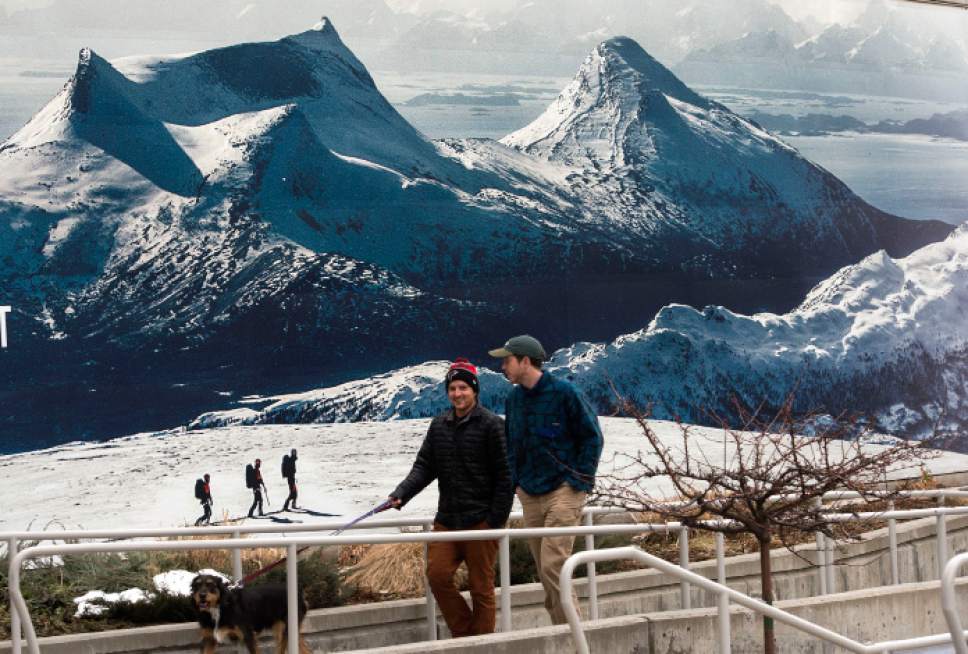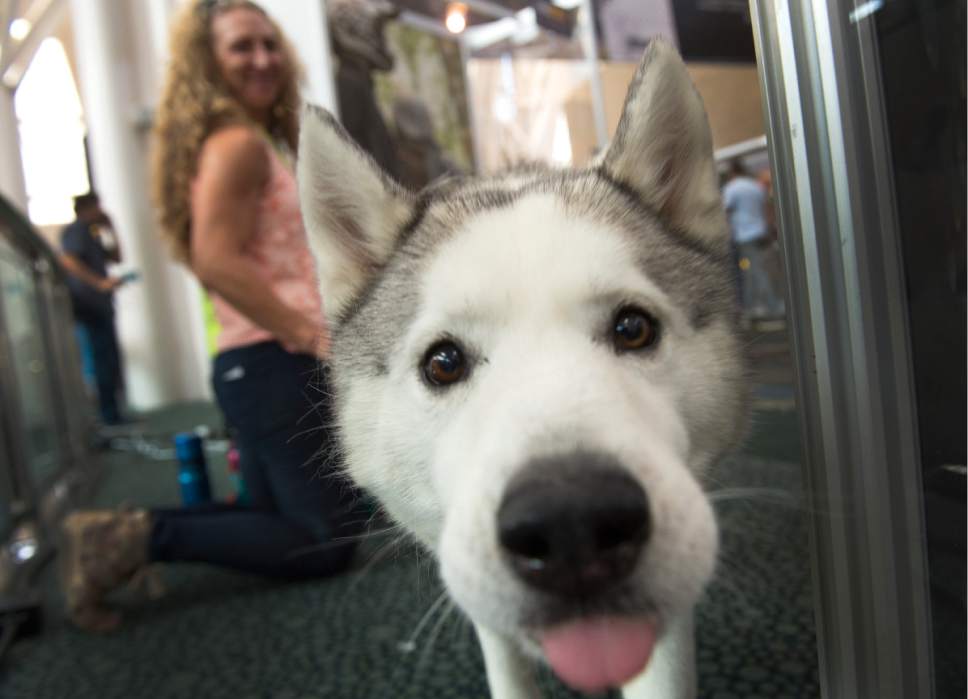This is an archived article that was published on sltrib.com in 2017, and information in the article may be outdated. It is provided only for personal research purposes and may not be reprinted.
In the same week Utah announced that it had topped $8.17 billion in annual economic benefit from tourism, the $40 million Outdoor Retailer show announced it was leaving.
Surely we can take a half-percent hit, right?
No. The exit of Outdoor Retailer is so much more than just losing the state's largest convention. There will be hospitality jobs lost, and hotel rooms from Sandy to Ogden vacant for those two weeks a year. We're now building a 900-room downtown convention hotel — with public bonding authority — largely on spec. There is now no convention currently on Salt Lake City's docket that demands it.
The reason Outdoor Retailer is leaving — their rejection of Utah's political leaders' values as shown in the stubborn and pointless fight against a Bears Ears National Monument — should make this moment a turning point.
In the 1960s, Utah found itself at a confluence. One flow was fed by a collection of downtown Chamber of Commerce types who hatched a longshot bid to obtain the 1972 Winter Olympics. They knew they wouldn't win, but they saw it as a chance to sell Utah's "Greatest Snow on Earth." It was the first time Utah took its outdoor tourism message to the world, and it was well received.
The other flow came from a fundamental change in the American people, who were waking up to the natural world and the treasures in their own presence. In Utah, there was recognition that we held those treasures. A national park was created in Canyonlands, and national monuments in Arches and Capitol Reef were elevated to national parks. Utahns of all creed and color united in their pride over our shared national icons.
Where once we were a peculiar backwater, we became known the world over. Were it not for those pioneering efforts, there would be no ski industry. No Olympics. No Sundance Film Festival. No Fat Tire Festival. No steady stream of tour buses climbing to Bryce Canyon. No $8.17 billion per year.
Losing Outdoor Retailer over Bears Ears represents a reversal of a half century of progress in inviting the world to appreciate Utah. We could be Hawaii, and instead our leaders want us to be Oklahoma. Gov. Gary Herbert, who has made economic development his reason for living, couldn't get a very lucrative 20-year visitor to keep coming.
The seeds of that failure were sown in the rejection — first by Rep. Rob Bishop and later by the governor and the Legislature — of the unprecedented unity of five Indian nations coming together to protect their ancestral homeland. Instead of recognizing the significance, our leaders emboldened the local pioneer descendants, who were claiming their 150 years of ranching took precedent over centuries of Indian presence in the Bears Ears. The tribes had no choice but to go to the president.
That blindness can be sourced to Utah's one-party political system that has given us leaders who are out of touch with their constituents. Dismantling the Bears Ears was a slam dunk in the Utah Legislature last week, but it's an issue on which every poll has shown Utahns divided, a division encouraged by the false narrative that the monument was a trade-off between fat energy jobs and low-paying tourist jobs.
The Bears Ears monument may be with us forever, and there is no bucket of gold waiting if it does go away. The presidential proclamation bent far toward the same boundaries and shared management Bishop pursued with his Public Lands Initiative. In that context, Utah political leaders' vehemence looks to much of the nation like white rejection of the legitimacy of a black president listening to Native Americans.
The damage may not be over. What does Utah's sports-equipment industry have to look forward to? What are Ogden-based companies supposed to do when their congressman — Bishop — refuses to acknowledge that fossil-fuel consumption reduces the snowpack upon which their products glide?
Are we receding to the backwaters where our superiority is apparent only to ourselves? Are we bent on separating Americans from their national identity instead of inviting them to share it?
This isn't about $40 million. It's about who we are and where we are headed. To get there, we need leaders with a better appreciation of the magnificent gifts God has given everyone, not just Utahns.





